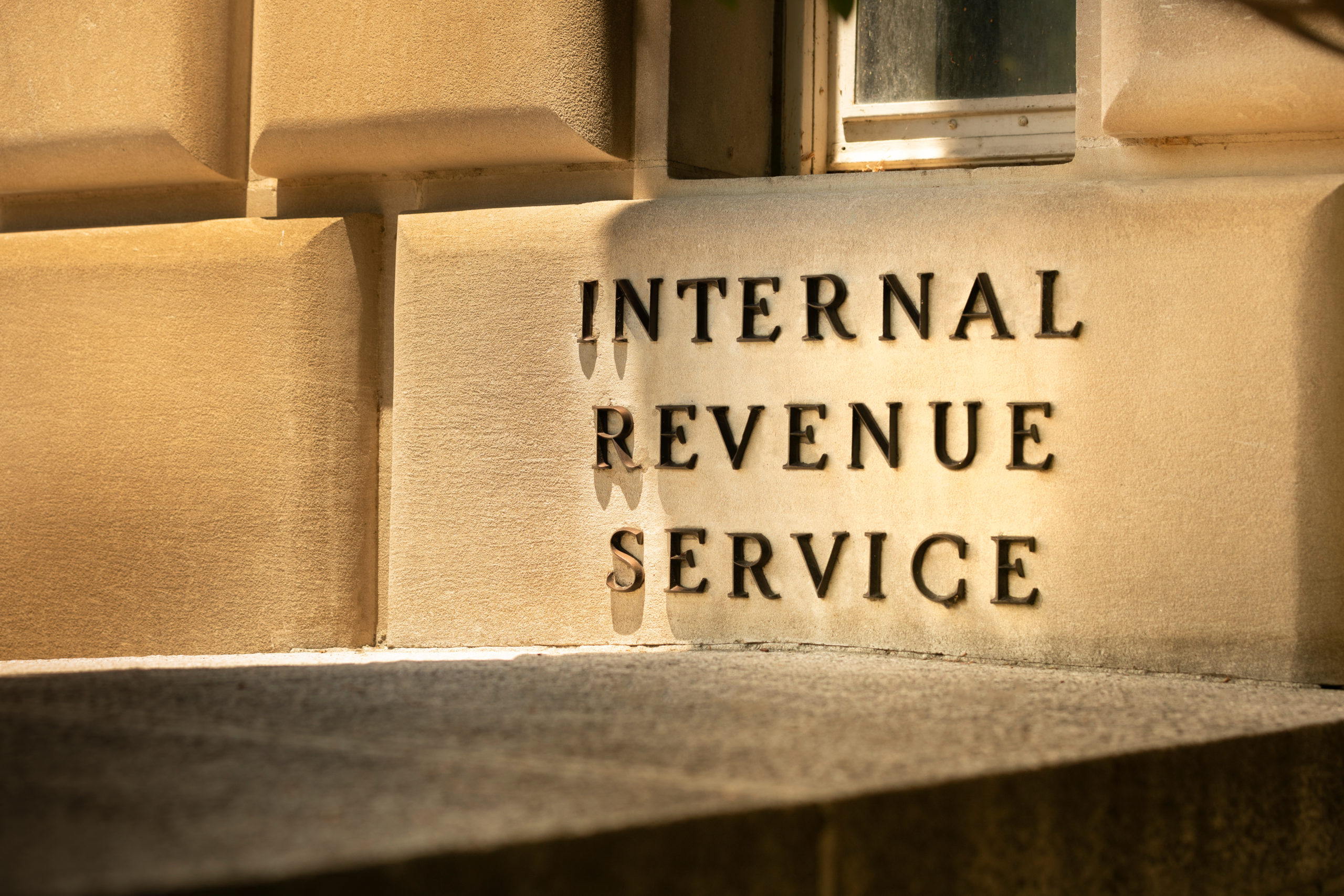
With heightened political rhetoric and public statements from the current federal administration suggesting that the government may target 501(c)(3) organizations that oppose its policies, it is understandable that many nonprofits are worried about losing their 501(c)(3) tax-exempt status. While the concern may be justified, the reality is that (so far) revocation of exempt status remains rare. Understanding how the IRS generally approaches applications, compliance reviews, and enforcement might help nonprofit organizations put some concerns into perspective.
At the 2025 American Bar Association Virtual Fall Tax Meeting, a panel titled Challenging Revocations to Tax-Exempt Status, Court Procedure and Practice shed light on the current enforcement landscape and the procedures that apply when revocation is on the table. Below are some highlights and my general takeaways from the panel:
The Exemption Application Landscape
As described in IRS Pub. 5329 (Rev. 3-2025) TE/GE FY 24 Accomplishments Letter, the IRS has continued to process a high volume of exemption applications:
- 136,000 applications filed in FY 2024
- 119,000 approved (~87.5%)
- 95 disapproved (<1%)
- 18,000 “other” (~13.2%) — withdrawn, incomplete, or otherwise closed without a determination
The very low disapproval rate underscores that most organizations submitting complete and accurate applications remain highly likely to be approved. However, it is worth noting that, there were substantial IRS workforce reductions in fiscal year 2025, and, as of now, the IRS is not processing new applications or determinations due to the federal government shutdown. It remains to be seen how these developments will affect processing times and examination scrutiny going forward.
How Common Is an IRS Examination?
Currently, there are roughly 1.5 million recognized Section 501(c)(3) organizations. In 2024, the IRS closed examinations of just 1,955 cases, representing about 1/10th of 1 percent of recognized Section 501(c)(3) organizations. Of those exams:
- 207 were part of targeted compliance strategies (issues the IRS considers sector-wide – e.g., tax exempt hospitals, Form 990-N filers).
- 536 were selected through data-driven approaches (often flagged by Form 990 data).
- 1,212 resulted from referrals, claims, or other casework (often based on allegations of noncompliance).
From this activity, the IRS proposed the revocation of tax-exemption for 87 entities, representing less than 1/100th of 1 percent of recognized Section 501(c)(3) organizations. So, while revocation is always a possibility for a charity if it has not complied with the rules applicable under Section 501(c)(3), revocation has been exceedingly rare.
Common Areas of Noncompliance
The IRS has flagged several categories of risk that may draw scrutiny from the IRS over time. Next to each area of risk below, I’ve included some links to other posts we’ve written about concerning those areas:
- Unacceptable Practices – Private benefit, private inurement, and self-dealing. See, generally, Private Benefit Rules – Part I: Private Benefit Doctrine; Private Benefit Rules – Part II: Private Inurement Doctrine; Private Foundations & Self-Dealing
- Lack of internal controls and governance policies— See, generally, Legally Compliant Bylaws – Good Enough?; Nonprofit Board Member Conflicts of Interest; Executive on the Board: Some Pros and Cons
- Activities inconsistent with exempt purposes — See, generally, 501(c)(3) Operational Test; The Mission Statement: Some New Thoughts
- Poor documentation of expenditure responsibility (ER) or equivalency determinations (ED) – See International Grantmaking: Expenditure Responsibility and Equivalency Determinations
- Unreported or inaccurately reported unrelated business income tax (UBIT). See Unrelated Business Income Tax Explained; Unrelated Business Taxable Income – What Doesn’t Count?
- Failure to file required annual returns (Form 990 series). See, generally, What Board Members Should Know About Reviewing a Form 990
What Happens During and After an Examination?
Generally, an IRS examination of a 501(c)(3) organization typically begins with a notice that the organization has been selected for review, often followed by an initial request for records and an opening conference to explain the scope of the exam. During the examination, the IRS reviews financial records, governance practices, and activities to determine whether the organization continues to operate in compliance with its exempt purposes and applicable tax laws. At the conclusion, the IRS may issue a no-change letter confirming compliance, propose adjustments resolved through a closing agreement, or in more serious cases, propose revocation of tax-exempt status. If revocation is proposed, the organization has the right to protest and seek review by the IRS Independent Office of Appeals, and ultimately, to challenge the determination in court.
Takeaways
As the numbers above demonstrate, revocation of 501(c)(3) status is fairly rare. Still, it is difficult to predict how enforcement may evolve in the current political climate. Additionally, recent references to the automatic suspension process under Section 501(p) — originally designed to address organizations designated as terrorist organizations — raise additional uncertainty and may provide the administration with another tool to use against 501(c)(3) organizations that oppose its policies. Importantly, however, according to the ABA panel, there is currently no federal statutory or executive authority to designate a domestic organization as a terrorist organization. How, if at all, these developments may continue to evolve and affect the nonprofit sector remains to be seen.
In the meantime, organizations can best position themselves by:
- Filing complete and accurate Form 990s on time.
- Adopting legally compliant and realistic governance policies, and ensuring that such policies are followed.
- Reviewing any transactions with insiders carefully against the private benefit doctrine, private inurement doctrine, and the excess benefit transaction rules (or, if a private foundation, the federal self-dealing rules).
- Conducting periodic “hygiene audits” to identify vulnerabilities and to seek legal counsel if needed.
Finally, if you have any questions about a potential IRS investigation, consult with an IRS controversy attorney or litigator.